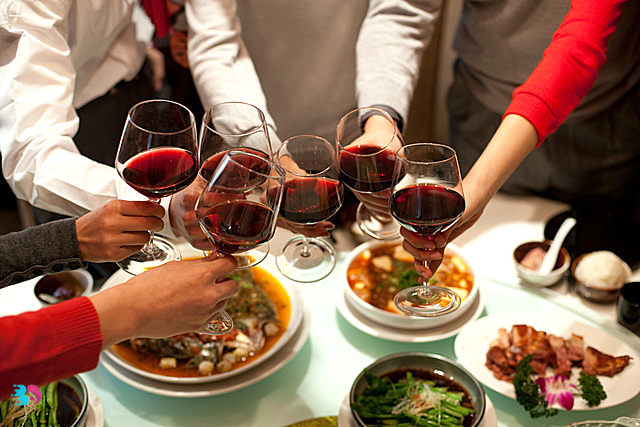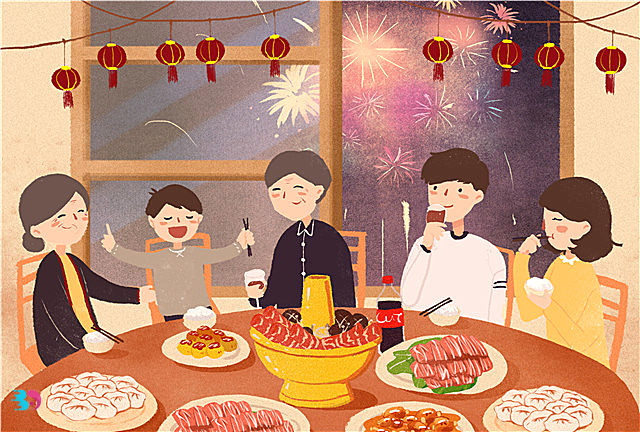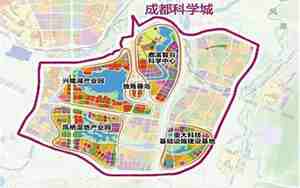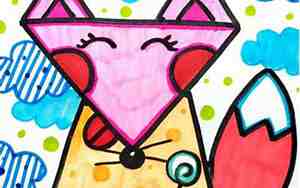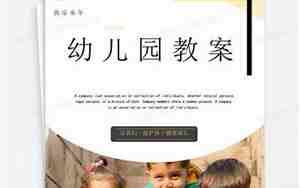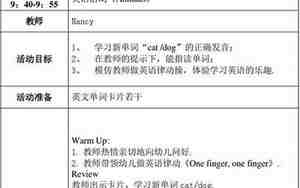元宵节的象征意义,元宵节的象征意义简短
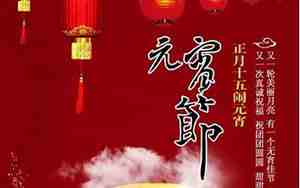
元宵节,又称为上元节或灯节,是中国传统文化中一个重要的节日,其象征意义丰富多样。以下是元宵节的几大重要象征:
1. 团圆与和谐:元宵节正值农历新年后的第一个月圆之夜,象征着家庭团聚和人际关系的和谐,人们通过吃元宵(又称汤圆,寓意团团圆圆)、赏花灯、猜灯谜等活动,表达对家人的思念和对美好生活的向往。
2. 光明与驱邪:灯是元宵节的重要元素,光明的灯笼寓意驱散黑暗,带来光明,象征希望与新生活的开始。同时,古代还有习俗用灯笼驱赶病邪和不祥,象征平安和吉祥。
3. 文化传承:元宵节期间的诗词、灯谜等文化活动,承载了古代的知识与智慧,传承了中华民族的历史文化。
4. 春季的开始:元宵节标志着冬季结束,春季来临,万物复苏,人们借此节日祈求新的一年五谷丰登、国泰民安。
元宵节是中国人民对团圆、和谐、希望和文化传承的庆祝,是民族精神与传统习俗的重要载体。
元宵节的象征意义英文翻译
The significance of the Lantern Festival, also known as the Yuenwaa Festival, is deeply rooted in Chinese culture and holds several symbolic meanings:
1. Unity and Harmony: It symbolizes family unity and harmony, as it usually occurs after the lunar new year's celebrations. Eating yuanxiao (also known as tangyuan), participating in lantern displays, and solving riddles reinforce the idea of togetherness and well-being.
2. Light and Purification: Lanterns are central to the festival, representing light and purification. They are believed to dispel darkness and ward off evil spirits, conveying messages of hope and a fresh start.
3. Cultural Heritage: Activities such as poetry recitation and lantern riddles carry the weight of ancient knowledge, embodying the passing down of traditions and the Chinese cultural heritage.
4. Spring's Arrival: The festival marks the transition from winter to spring, symbolizing rebirth and growth. It is a time for people to pray for a prosperous year and abundant harvest.
To sum up, the Lantern Festival is a celebration of unity, harmony, hope, and cultural continuity in Chinese society.
热门推荐
推荐阅读
热门标签
热门精选
- 06-13八字食枭劫(枭印夺食是什么意思)
- 06-28卯兔怎么读(卯兔什么意思)
- 10-02文爱是什么(文爱是啥意思)
- 06-13八字比财食(食比财是什么意思)
- 06-17八字水和火多(八字里水火比较多是什么意思)
- 06-14双戊戌八字(八字带戊戌的人)
- 09-29命主廉贞身主天机(天机什么意思)
- 06-21八字鬼门官煞(八字鬼门关煞什么意思)
- 07-01己癸辛八字(丑中的藏干为什么是己癸辛)
- 07-04吊梢眼(什么是吊梢眼)
六爻排盘最新文章



- 01-12元宵节的象征意义,元宵节的象征意义简短
- 01-12会稽是现在的哪个城市,东晋会稽是现在的哪个城市
- 01-12加油干音乐教案,加油干音乐教案中班
- 01-12佛肚竹盆景,佛肚竹盆景怎么养
- 01-12会动的玩具教案,会动的玩具教案中班
- 01-12健康的教案中班,健康的教案中班反思
- 01-12前男友问我有没有恋爱,前男友问我有没有恋爱关系
- 01-12保山市,保山市海拔多少米
- 01-11前男友评论怎么回复,前男友评论怎么回复幽默
- 01-11佐助vs鼬多少集,佐助vs鼬是多少级


